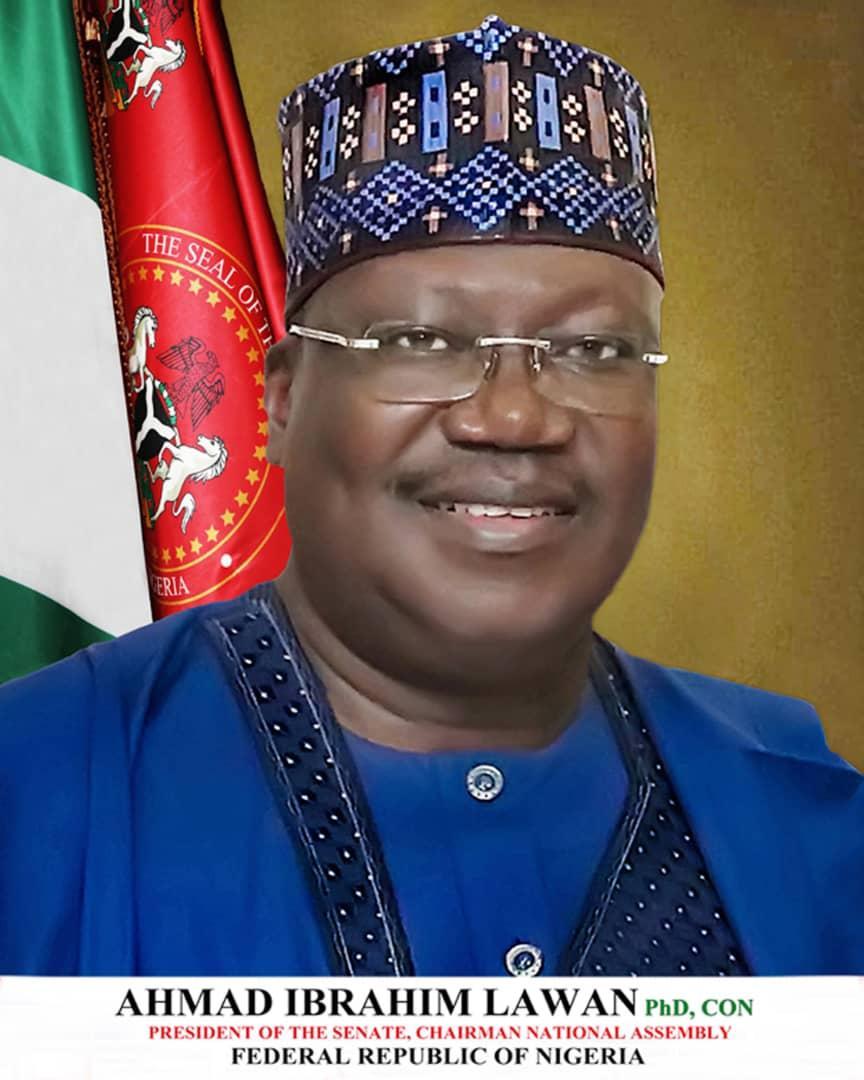The Senate on Wednesday accused Government Owned Enterprises of worsening the current dwindling revenue situation of the country and accused them of engaging in spending spree instead of remitting the appropriate funds into the federation account.
The Chairman of the Senate Committee on Finance, Senator Solomon Olamilekan Adeola, made the allegation on Wednesday at a public hearing on the 2022-2024 Medium Term Expenditure and Fiscal Strategy Paper (MTEF-FSP) organised by the committee
The legislator listed the big spenders as the Central Bank of Nigeria, and the Nigerian National Petroleum Corporation, among others, saying that they are yet to remit their operational surplus to the consolidated revenue fund account over the years.
The Senator clarified: “In budgeting, some revenue generating agencies spend their revenue hiding under the disguise that what accrued to them is not enough for them to carry out their functions.
“From the preliminary investigation carried out by this committee, our findings are not palatable at all. A lot of heads of agencies have taken over the agencies as their personal property. They have decided to embark on a spending spree with nobody challenging them.
“Out of the 60 Government Owned Enterprises, I can conveniently say that agencies like the NNPC, I don’t know when last they contributed from their excess revenue into the Consolidated Revenue Fund, except recently when they declared profit.
“The Central Bank of Nigeria, out of an average budget of about N2.3tn a year, it is expected that at the end of every financial year, whatever accrues to you as excess revenue, a certain portion of it must be paid into the Consolidated Revenue Fund. As we speak, within the last five to six years, CBN has not contributed anything”, Olamilekan added.
Reacting to the allegation against the apex bank, the Deputy Governor of the CBN, in charge of Economic Policy, Dr. Kingsley Obiora, who represented the Governor, Mr. Godwin Emefiele, at the session, disagreed with the claims of the Senate Committee chairman.
He explained: “I just want to, with due respect and deep reverence, categorically say that the allegation that the CBN has not remitted surpluses in any year, let alone the last five years, is 100 per cent not correct. We have in the last five years remitted our surpluses in accordance with the law.
“As responsible government agency, we follow the Fiscal Responsibility Act and we do remit 80 per cent of our surpluses every year”, the banker added.
Following the Deputy Governor’s clarifications, the Chairman of the committee directed the CBN to produce documentary evidence of its remittances within the last five years on Friday.
He also told the apex bank to produce its audited account in the last five years as well as its position paper on monetary policy.
In his response to the legislators’ enquiries, the Comptroller General of the Nigerian Customs Service (NCS), Col. Hameed Ali (rtd.), expressed frustrations over the inability of the Service to rake in adequate revenue from tariffs on imports and solicited the support of the lawmakers, through appropriate legislations, that will enable the Service to impose excise duty on carbonated drinks.
He explained: “Today, Coca-Cola is producing in Nigeria and paying no excise. It is only in Nigeria that Coca-Cola is producing and not paying excise duty. All other carbonated drinks are also injurious to our health. So, if we tax tobacco and alcoholic beverages, I see no reason why we should not tax the carbonated drinks.
“We have said this for the past five years I have been on this seat, and up till today, we have not been able to get it. The reason, I don’t know.
However, the legislators did not agree with the Customs boss proposal, noting that granting such request could worsen manufacturing companies’ crisis majority of which are currently struggling to survive the harsh economic situation in the country.
Also, the Group Managing Director of the Nigerian National Petroleum Corporation (NNPC), Mele Kyari, lamented that the government-owned oil company was spending large part of its profit on fuel subsidy.
He also pointed out that a larger quantity of the 60 million litres of the subsidized fuel did not represent the actual consumption with large volumes being smuggled out of the country on daily basis.
Reacting to the lawmakers’ question on why the NNPC imports at N256 per litre and continues to sell at N162, the NNPC boss explained that failing to provide fuel energy for the country would be a violation of the corporation’s enabling act.
He said: “We will, therefore, continue to supply PMS to the Nigerian market at sub-market prices. What we have to do is to come back to the National Assembly to see how the narrative could be changed.”






